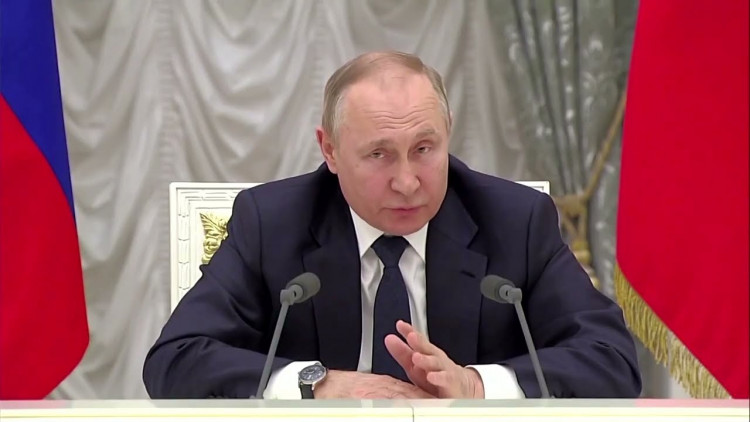In a move that has raised eyebrows globally, Russian President Vladimir Putin is reportedly undertaking a bold and controversial initiative to revitalize Russia's tourism sector, heavily impacted by Western sanctions. His plan? Transforming the infamous gulags, symbols of Soviet-era repression, into modern holiday destinations.
The focal point of this initiative is Petropavlovsk-Kamchatsky, a region historically marred by its association with brutal labor camps. Here, Putin envisions the development of 'The Three Volcanoes', a proposed luxury ski resort. This ambitious project aims to attract tourists seeking "active, adventure-filled tourism amidst wild nature," as described by TASS, Russia's state-run news agency.
"Outdoor enthusiasts will be able to enjoy seven ski slopes and Kamchatka's only chairlift... with nine ski centers in the region, and 27 ski trails totaling about 380 kilometers," TASS reported.
The irony of converting a site of historical suffering into a leisure destination is not lost on critics and historians. Vyacheslav Volodin, a Russian politician, alluded to the grim history of these locations in his remarks last October.
"Those who left the country... should realize that no one is waiting for them here. But if they do come back, then Magadan will be provided for them," he stated, invoking the name of another well-known gulag.
Putin's strategy to repurpose these historical sites comes amidst a severe economic downturn, largely a consequence of sanctions imposed due to Russia's invasion of Ukraine in February 2022. The financial strain has been so significant that Oleg Deripaska, an ally of Putin, warned last year, "The money will run out next year. We need more freedom and competition."
This redevelopment effort, while innovative, is fraught with ethical concerns. It raises questions about the commodification of sites steeped in pain and the challenge of balancing economic needs with the respect for historical memory.
With Putin's economic back against the wall, these developments mark a pivotal moment in Russia's history, where the past's dark chapters are being rewritten into narratives of leisure and tourism. Whether this strategy will pay off economically or further polarize opinions on Russia's handling of its historical legacy remains to be seen.




